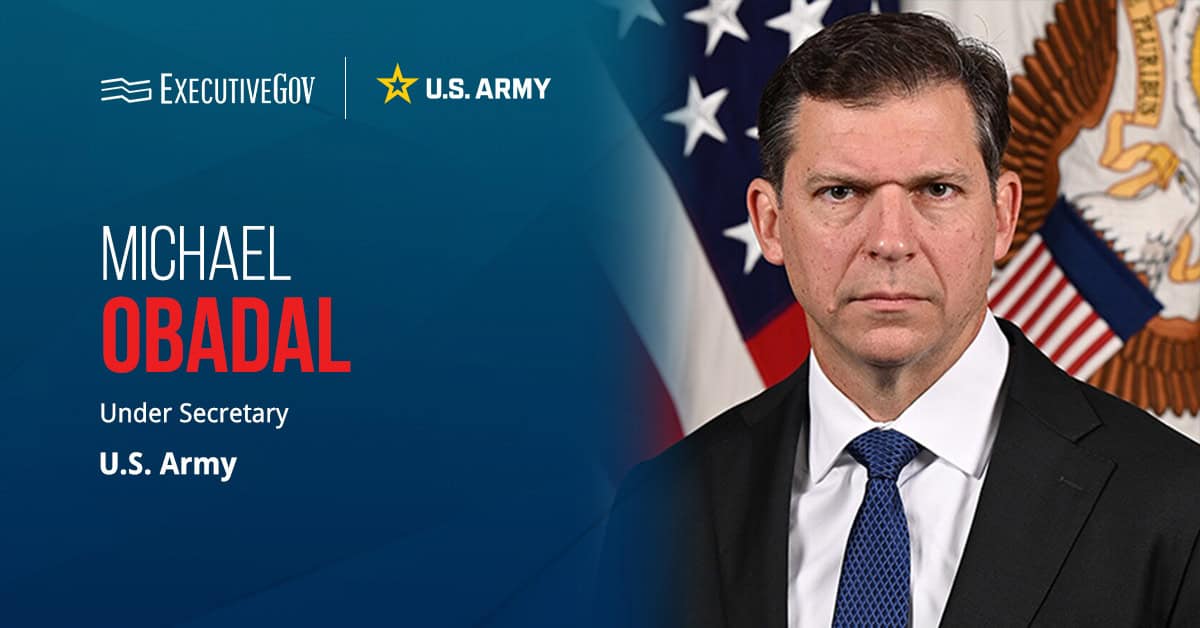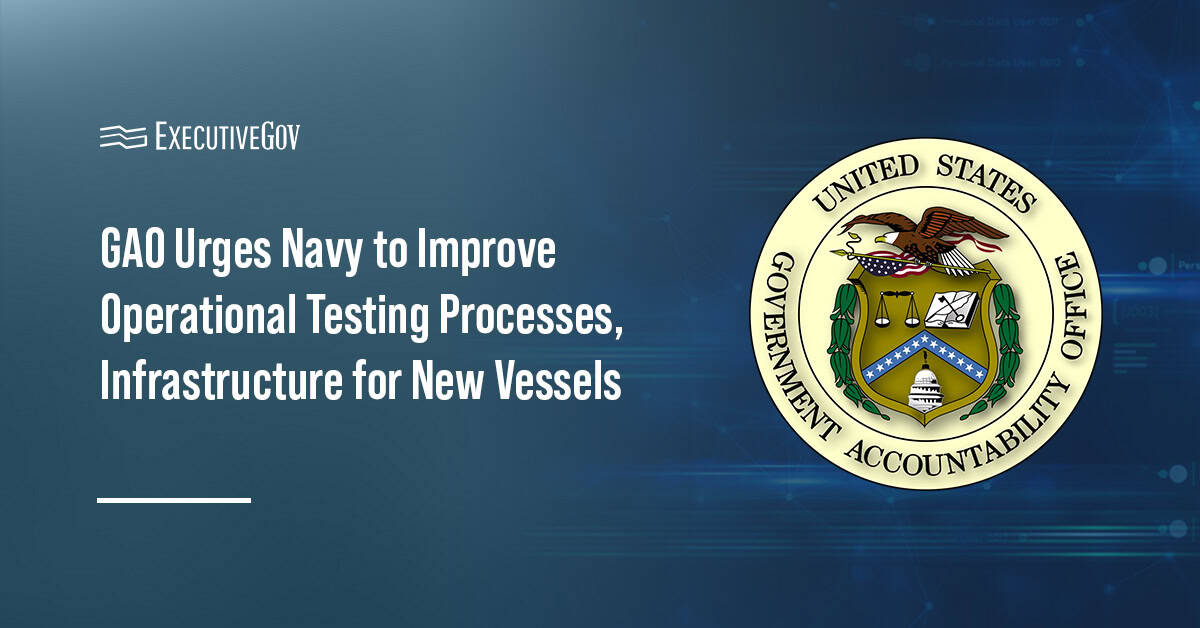
President Trump on Monday signed into law a bill that directs the executive branch to come up with a strategy to ensure the security of 5G networks, Fifth Domain reported Tuesday.
Under the Secure 5G and Beyond Act, the Trump administration has 180 days to develop and submit to Congress a “whole-of-government” strategy to address local security concerns faced by 5G and future generation networks. The strategy should outline the branch’s plan on how it will coordinate with allies to facilitate risk information sharing.
The White House should also evaluate the vulnerabilities and competitiveness of U.S wireless technology manufacturers. The House passed the measure on March 11, a week after the Senate approved the bill.





